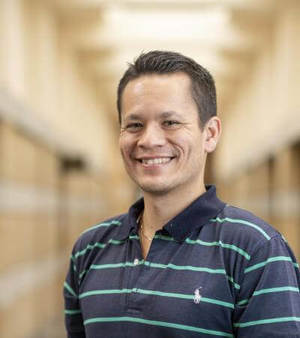"Food, Water and Environmental Security Impacts of Transnational Land Deals" by Marc Muller

Abstract
A total area of land roughly the size of Venezuela has been acquired by foreign investors since 2000, mostly in low to middle income countries, and mostly with the purpose of growing crops. Beyond obvious ethical concerns associated with land ownership and the displacement of smallholder farmers, the overall food and water security of this practice, and its environmental impact remain uncertain. Proponents argue that land deals provide a much needed influx of investment to close the yield gap and leverage otherwise under-utilized water resources to feed a hungry planet, and that the deforestation associated with cropland expansion would have occurred anyway. Critics argue that land deals cause food insecurity by diverting crop production away from local markets. They might also introduce inequitable competition over scarce water resources -- a phenomenon described as a water grab. They also not only associate land deals with deforestation, but with a sustained loss of diversity and habitat that can exacerbate food and water insecurity (e.g., by reducing hunting and foraging grounds). Here we combined geospatial information on existing land deals with satellite imagery, agricultural census, crop modeling and household survey data to provide the first systematic global empirical assessment of these matters. We find that, although the dynamics of food, water and environmental insecurity vary substantially across regions, evidence in support of the negative effect of land deals dominates.
Biography
Marc Müller is an assistant professor in hydrology and water resources at the University of Notre Dame’s Department of Civil and Environmental Engineering and Earth Science. He takes a multidisciplinary approach to studying the interactions between humans and water, particularly in rapidly-changing regions where little data is available. His work focuses on new approaches to collecting, analyzing, and disseminating water information, and his research interests include water-related conflicts, surface hydrology, remote sensing, rural electrification, information/data science, applied statistics, and geostatistics.
Seminar sponsored by the Environmental Change Initiative